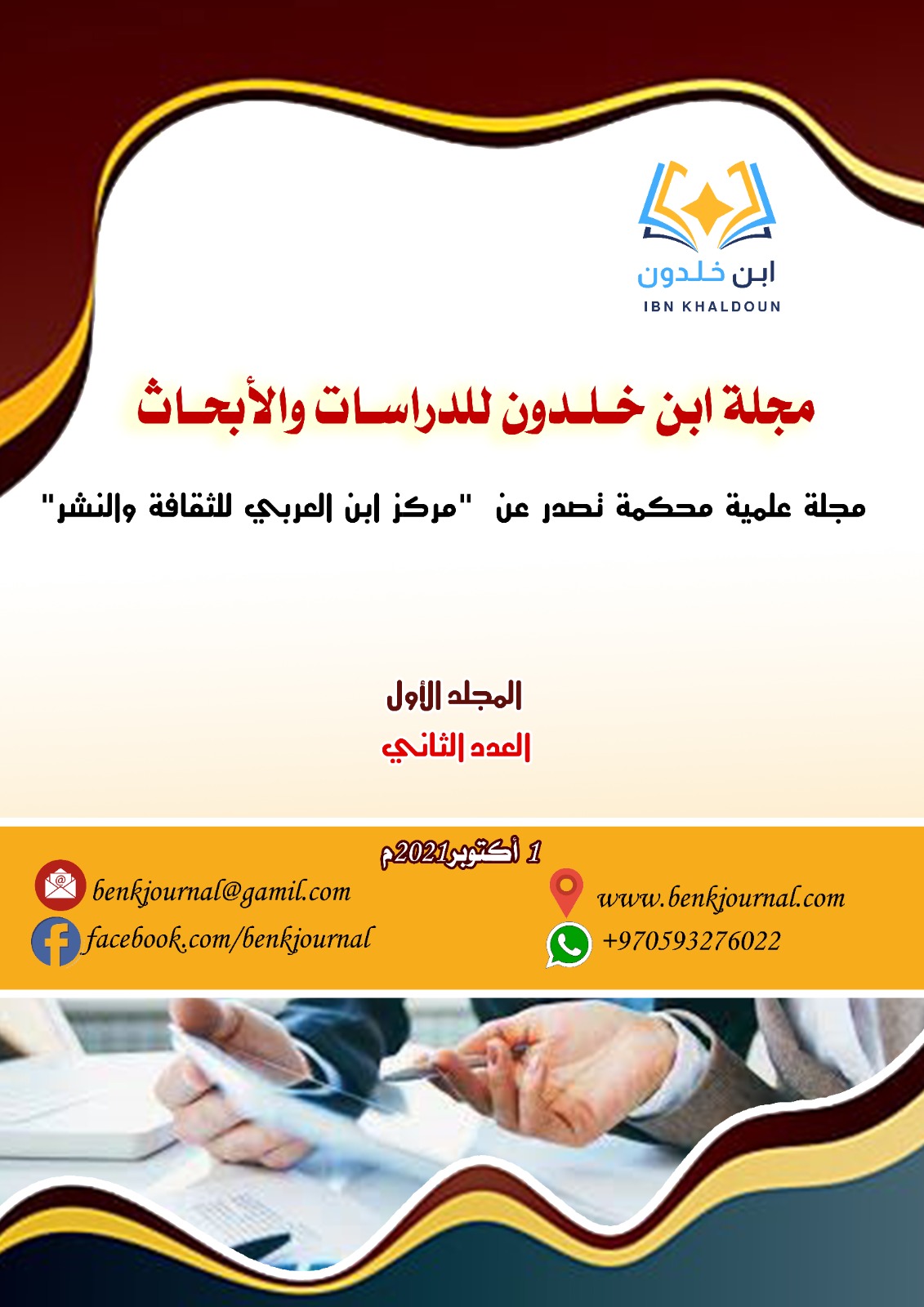The development of education system in the Kingdom of Saudi Arabia in the light of South Korea's experience according to the method of George Bereday of comparative study
Main Article Content
Abstract
This study aims to identify the most prominent aspects of the education system in South Korea and Saudi Arabia. Hence, the aim of the study includes the possibility of benefiting from the Korean experience in developing the education system in the Kingdom of Saudi Arabia. The study chose South Korea as a comparable country because it has become a prominent place among the countries of the world in the present era in the field of education. South Korea recorded the strongest and most distinguished performance in its education system according to the international rankings of countries with superior education. This study was conducted during the second semester of the academic year (1442 AH / 2021 AD). The study attempted to describe and analyze the education system in South Korea and Saudi Arabia. The study traced the historical roots of these two systems, and identified the factors affecting the education system in both countries. The study examined the objectives of the education system and the foundations on which it is based in the two countries, with an indication of the strengths and weaknesses of the education system in the two countries.
The study used the comparative method according to the method of George Bereday for the comparative study with its four steps (description, interpretation, balancing, and comparison). The study population is from the two countries of comparison (South Korea and Saudi Arabia). The study sample included a comparison of all aspects of the education systems in the two countries for comparison (South Korea and Saudi Arabia). The study used relevant sources, references, studies and web sites. The researcher followed several procedures in order to achieve the objectives of the study and answer its questions. The researcher aimed, during these procedures, to identify clearly the most important features in the experience of the education system in the two countries. The study concluded in the end to provide a number of recommendations that can be used in developing the education system in the Kingdom of Saudi Arabia to keep pace with the advanced educational systems. The study suggested a set of recommendations at the end. The study also suggested conducting some studies that could complement what was addressed in this study in order to contribute more to the attempts to advance and develop the education system in the Kingdom of Saudi Arabia.
Metrics
Article Details

This work is licensed under a Creative Commons Attribution-NonCommercial 4.0 International License.
References
Capraro, M. M. (2013). Interdisciplinary STEM projectbased learning. In R. M. Capraro, M. M, & J. R. Morgan (Eds), STEM project based learning: An integrated science technology engineering and mathematics (STEM) approach. pp47–54, Rotterdam, The Netherlands: Sense.
Goldhaber, D. (2016). In schools, teacher quality matters most: today's research reinforces Coleman's findings. Education Next, 16(2), 56-63.
Jho, H.; Hong, O.; & Song, J., (2016). An analysis of STEM/STEAM teacher education in Korea with a case study of two schools from a community of practice perspective. Eurasia Journal of Mathematics, Science & Technology Education, 2016, 12(7), 1843-1862.
Ministry of Education. (2019). Higher Education. Retrieved from http://english.moe.go.kr.
Mullis, V. S. (2003). TIMSS 1999 international mathematics report. Retrieved 4 August 2003.
OECD. (2014). "STRONG PERFORMERS AND SUCCESSFUL REFORMERS IN EDUCATION: LESSONS FROM PISA FOR KOREA", Policy Lessons for Korea 8, OECD.
Office of the Chief Scientist. (2013). Science, Technology, Engineering, and Mathematics in the National Interest: A Strategic Approach, A POSITION PAPER, July.
Phillips. Gary W. (2007). Expressing International Educational Achievement in Terms of U.S. Performance Standards: Linking NAEP Achievement Levels to TIMSS. American Institutes for Research; 2007. 47 pp.(ED496205).
Romee LEE and Jinhee KIM. (2016). Community-Based Lifelong Learning and Adult Education: Situations of Community Learning Centres in 7 Asian Countries, UNESCO, Paris, France & UNESCO Bangkok Office.
Shin, Y. J. (2013). STEM school curriculum and lesson plan models. Seoul, Korea: Seoul Metropolitan Office of Education.
Yakman, G. (2013). "STEM education program description". Retrieved from, http://www.steamedu.com.





